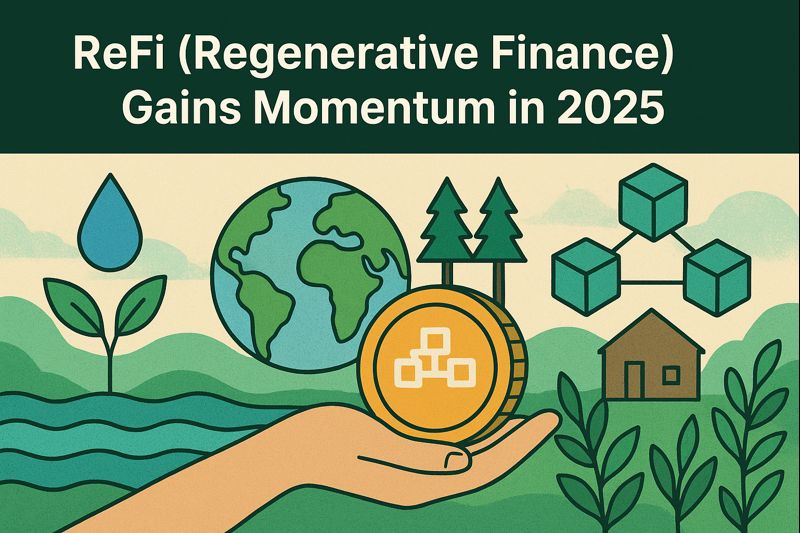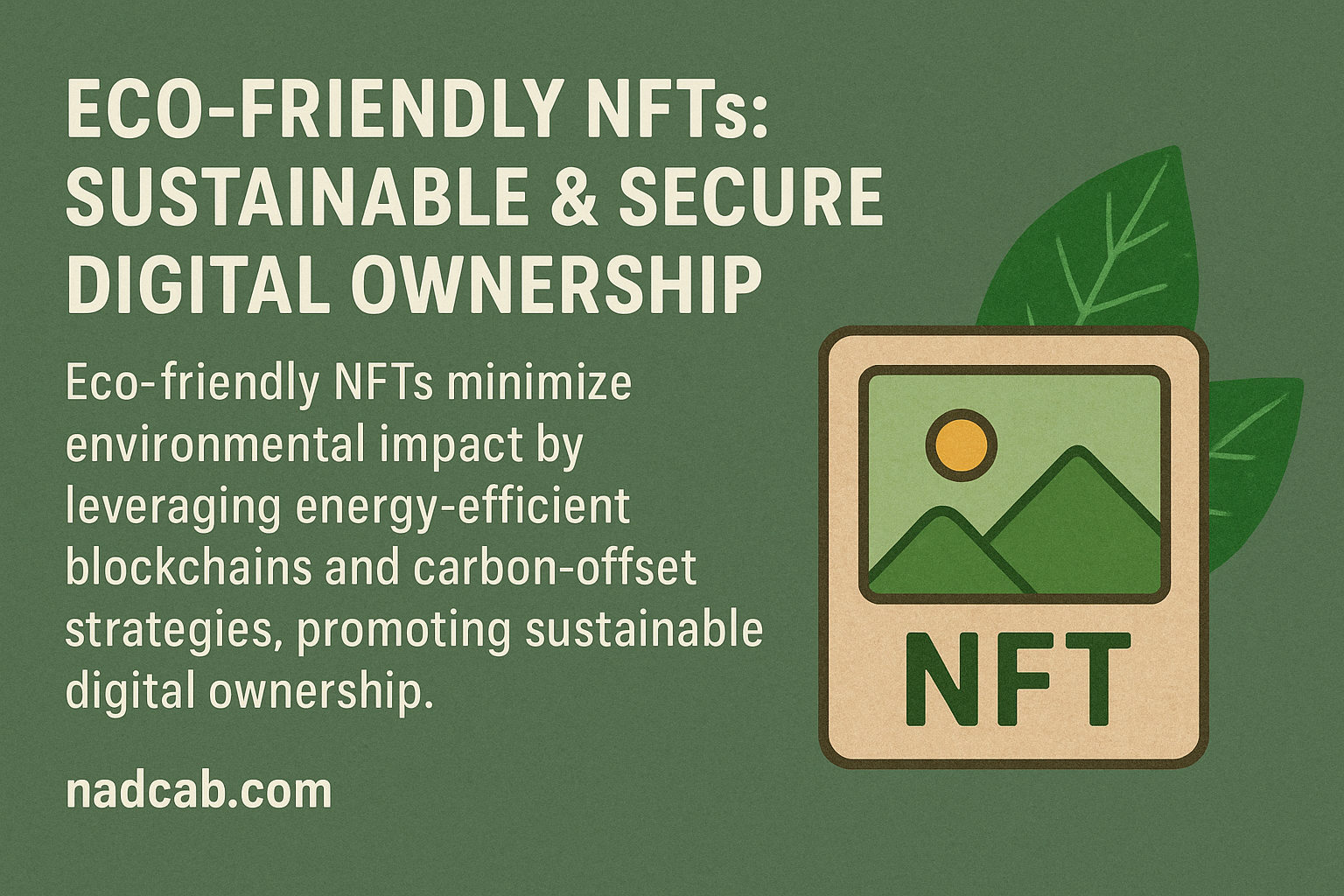The world of real estate investing is undergoing a revolutionary transformation, thanks to the rise of tokenization. By leveraging blockchain technology, investors can now purchase digital tokens that represent fractional ownership of physical properties. This innovative approach not only simplifies real estate investments but also makes them more accessible to a broader audience.
How Tokenization Works in Real Estate
Tokenization involves converting the value of a physical asset, such as a property, into digital tokens that can be traded on blockchain platforms. Each token represents a fractional share of the property, enabling investors to buy, sell, or trade these shares without the need to acquire entire properties. This model significantly lowers the barrier to entry for real estate investment, making it an attractive option for those with limited capital.
Platforms like Lofty and RealT are leading the charge, providing streamlined services for buying and managing tokenized real estate assets. Investors can earn rental income proportional to their share of tokens while benefiting from potential property appreciation.
Democratizing Real Estate Ownership
Traditionally, real estate investments required substantial capital and were often restricted to accredited investors. However, tokenization democratizes access by allowing investments as low as $50, enabling a diverse range of investors to participate. This shift not only diversifies investor portfolios but also enhances liquidity in the real estate market, allowing investors to liquidate their shares more easily compared to traditional real estate.
Tokenization also addresses several inefficiencies in the conventional real estate market. Blockchain’s transparency ensures that all transactions are secure and verifiable, reducing the risks associated with fraud and paperwork-heavy processes.
Challenges and the Path Forward
While the potential for real estate tokenization is immense, it is not without challenges. Regulatory uncertainties and legal frameworks for digital assets remain significant hurdles. Ensuring compliance with securities regulations and establishing investor protection standards will be crucial for the widespread adoption of tokenized real estate.
Moreover, the integration of traditional real estate practices with blockchain technology will require a paradigm shift among real estate professionals. Educating investors and brokers about the benefits and mechanics of tokenization will be essential for its growth.
The fusion of cryptocurrency and real estate through tokenization represents a promising evolution in both industries. As platforms like Lofty and RealT continue to refine their offerings, the potential for democratized, transparent, and efficient real estate investments grows stronger. Investors keen on diversifying their portfolios should keep an eye on this rapidly expanding frontier.
By embracing tokenization, the real estate industry may not only attract a new generation of investors but also redefine the future of property ownership.




